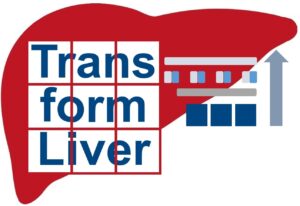Transform Liver
Scaling up Vision Transformers for Biomarkers in Liver Disease
Leverage Vision Transformers to process histopathological and clinical data of patients with liver diseases
In particular, the project aims to:
Developing Vision Transformer
The aim of the project is clearly focused on improving biomarkers for patients with liver diseases, with a focus on non-malignant liver diseases and a further field of application alongside malignant liver diseases. TRANSFORM LIVER will use AI for the first time to enable a systemic understanding of liver diseases based on multimodal routine clinical data.
Liver diseases are widespread in Germany and Europe and are an increasingly important cause of sickness and mortality. Computer-aided assistance systems can use artificial intelligence (AI) to contribute to early detection and therapy decisions in liver diseases, for example by processing image and tabular data.
In this project, the partners are developing Vision Transformer (ViT, a deep learning architecture), the latest and most powerful type of artificial neural network, specifically for the diagnosis and risk prediction of liver disease. They are building on results from non-medical fields that have not yet been applied to medical research. For the first time, the researchers are enabling the systematic use of the new transformer technology for medical issues.
The consortium has a large collection of image data and associated patient data such as age, sex and comorbidities. This data will be used to train new AI models (transformers). The goal is to generate new biomarkers to predict disease progression and provide information for personalized patient treatment. These biomarkers are expected to outperform classical approaches based on conventional neural networks. In addition, TRANSFORM LIVER will provide a better understanding of disease processes in the liver, in particular cellular interactions, by applying explanatory approaches to trained transformers.
